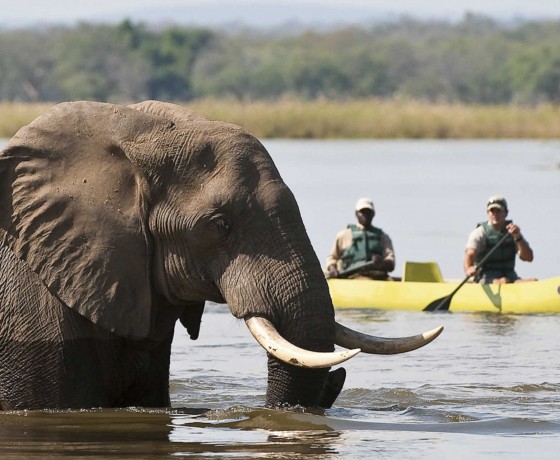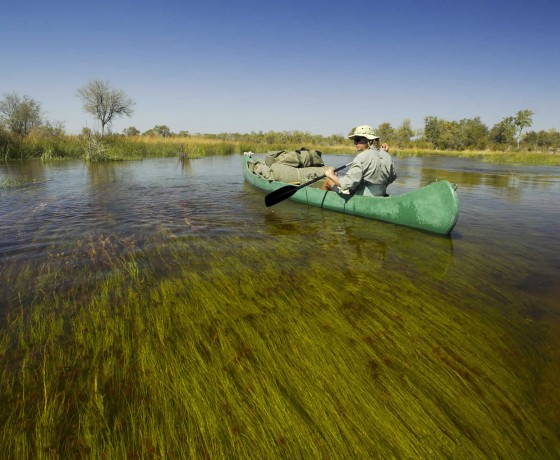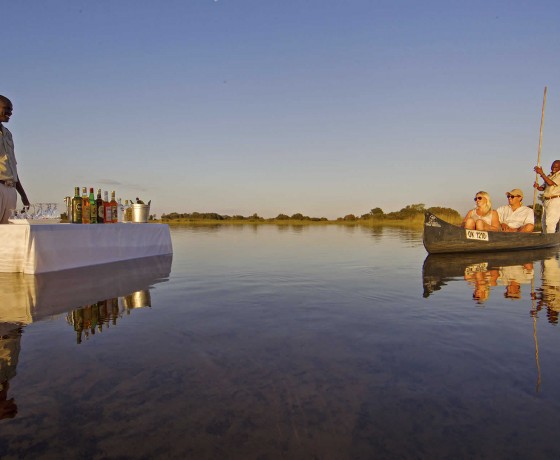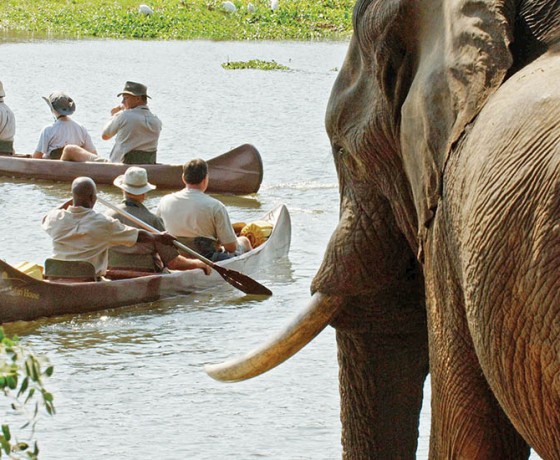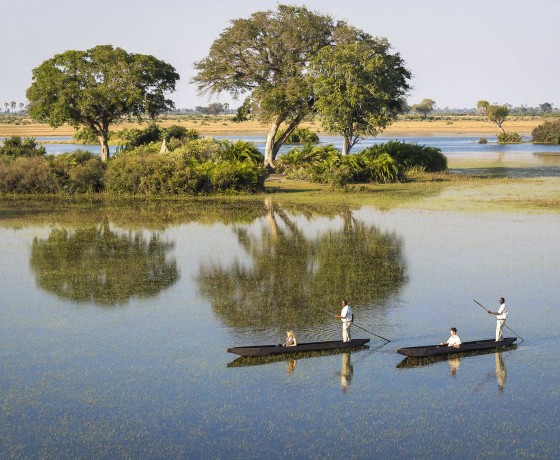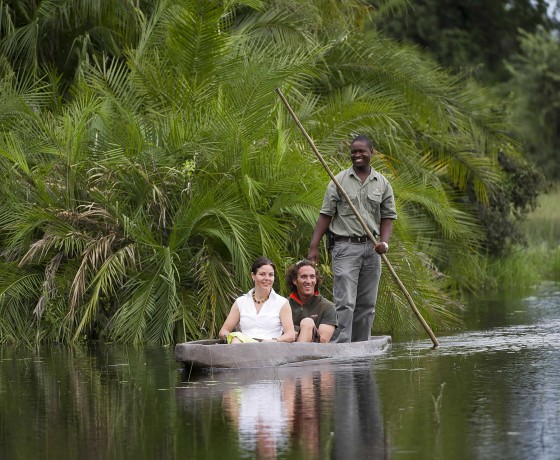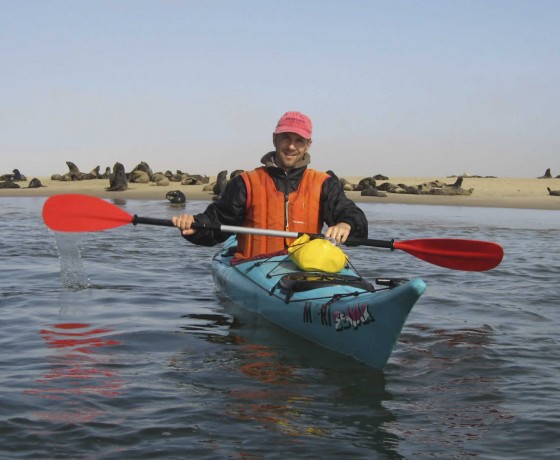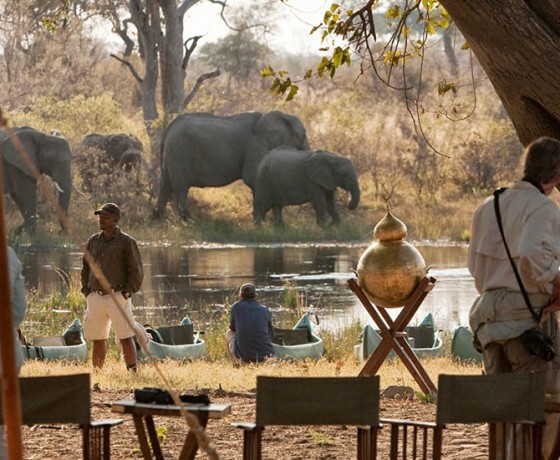- Home
- Destinations
- Experiences
- Family Safaris
- Luxury Safaris
- Wildebeest Migration
- Primate Safaris
- Riding Safaris
- Kilimanjaro Climbs
- Cycling Safari
- Mobile Safaris
- Beach Holidays
- Exclusively yours
- Canoe and Mokoro Safaris
- Weddings & Honeymoons
- Specialist Photographic Safaris
- Walking Safaris
- Small Group Travel
- Single Travellers
- Self Drive Adventures
- Planning
- About Us
- Blog
- Contact Us
Canoe and Mokoro Safaris
Africa’s great waterways are lifelines for wildlife, but have also always served as important communication routes for animals and humans alike. Even now water travel remains one of the best ways to reach remote areas, way beyond roads or even rail.
Canoe safaris explore the Zambezi River, with Zimbabwe and Zambia lining the banks on either side. In Zambia, the focus is on short half-day trips while Zimbabwe offers longer expeditions lasting several days or more, exploring the shoreline of Mana Pools National Park with its myriad species of birds, honking hippos and huge elephants. The craft are two-man Canadian-style canoes, sturdy enough to cope with the river flow. All safaris use the current and travel slowly downstream. On longer trips camping equipment and provisions are carried in waterproof drums, with overnights spent on quiet islands and beaches. These canoe safaris require a certain level of fitness but no previous experience is necessary.
In Botswana a highlight is exploring by mokoro, a traditional dug-out canoe propelled by poles used since time immemorial by local people to travel around their watery delta wonderland. You sit securely in a legless chair in the middle of the canoe, while your guide stands in the back to keep the mokoro gliding along.
Sample mokoro safaris at Delta Camp, Okavango Delta, Botswana.
Travel Tips
- Afternoon, full-day or multi-day canoe trips are possible.
- Most people taking a multi-day trip will spend a few nights on safari before they join a trip.
- You can camp on the riverbank or canoe between lodges; let us know your preference.
- Take a sunhat and sun-block and be prepared to cover your neck – the sun reflects from the water.
- Lay a sarong over your legs – tops of legs get hit by the sun on a longer canoe trip.
- Pack warm clothes for early mornings and evenings round the fire.
- If your hands are delicate consider packing cycling gloves.
- A waterproof camera, even a GoPro, takes the stress out of photographs on the river.
- Take spare camera batteries; there is no charging on the riverbank during a multi-day canoe safari.
- On a multi-day canoe safari, a good headtorch will let you find your way round your camp after dark.
Some of our Canoe and Mokoro Safaris Highlights Click on an image to find out more
